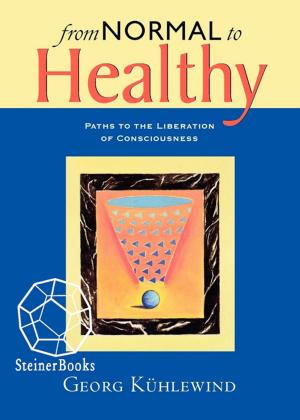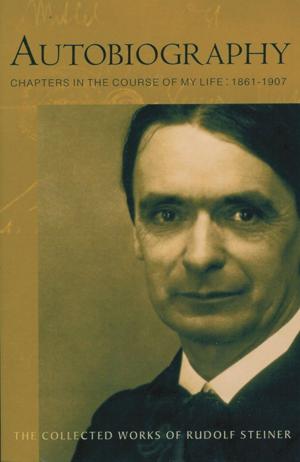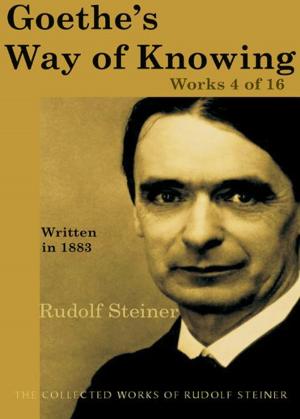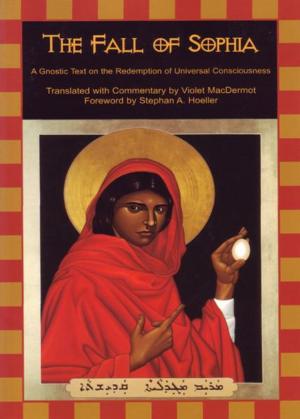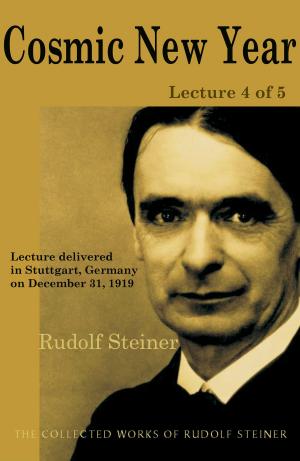The Kingdom of Childhood: Lecture 4 of 7
Nonfiction, Reference & Language, Education & Teaching, Educational Theory, Philosophy & Social Aspects| Author: | Rudolf Steiner | ISBN: | 9780880107723 |
| Publisher: | Steinerbooks | Publication: | June 1, 1995 |
| Imprint: | SteinerBooks, Collected Works 311 | Language: | English |
| Author: | Rudolf Steiner |
| ISBN: | 9780880107723 |
| Publisher: | Steinerbooks |
| Publication: | June 1, 1995 |
| Imprint: | SteinerBooks, Collected Works 311 |
| Language: | English |
This lecture is part of the collection "The Kingdom of Childhood" by Rudolf Steiner. Steiner (1861-1925) was an Austrian philosopher, social reformer, architect, and esotericist. He gained initial recognition as a literary critic and cultural philosopher. At the beginning of the 20th century, he founded a spiritual movement, Anthroposophy. He is considered the father of Waldorf education, biodynamic agriculture, anthroposophical medicine and spiritual science. Development of imaginative qualities in the teacher. The story of the violet and the blue sky. Childrens questions. Discipline dependent on the right mood of soul. The teachers own preparation for this. Seating of children according to temperament. Retelling of stories. Importance of imaginative stories that can be recalled in later school life. Drawing of diagrams, from ninth year. Completion and metamorphosis of simple figures, to give children feeling of form and symmetry. Concentration exercises to awaken an active thinking as basis of wisdom for later life. Simple color exercises. A Waldorf school timetable. The main lesson. The entire Collected Works of Rudolf Steiner are available from SteinerBooks.
This lecture is part of the collection "The Kingdom of Childhood" by Rudolf Steiner. Steiner (1861-1925) was an Austrian philosopher, social reformer, architect, and esotericist. He gained initial recognition as a literary critic and cultural philosopher. At the beginning of the 20th century, he founded a spiritual movement, Anthroposophy. He is considered the father of Waldorf education, biodynamic agriculture, anthroposophical medicine and spiritual science. Development of imaginative qualities in the teacher. The story of the violet and the blue sky. Childrens questions. Discipline dependent on the right mood of soul. The teachers own preparation for this. Seating of children according to temperament. Retelling of stories. Importance of imaginative stories that can be recalled in later school life. Drawing of diagrams, from ninth year. Completion and metamorphosis of simple figures, to give children feeling of form and symmetry. Concentration exercises to awaken an active thinking as basis of wisdom for later life. Simple color exercises. A Waldorf school timetable. The main lesson. The entire Collected Works of Rudolf Steiner are available from SteinerBooks.

